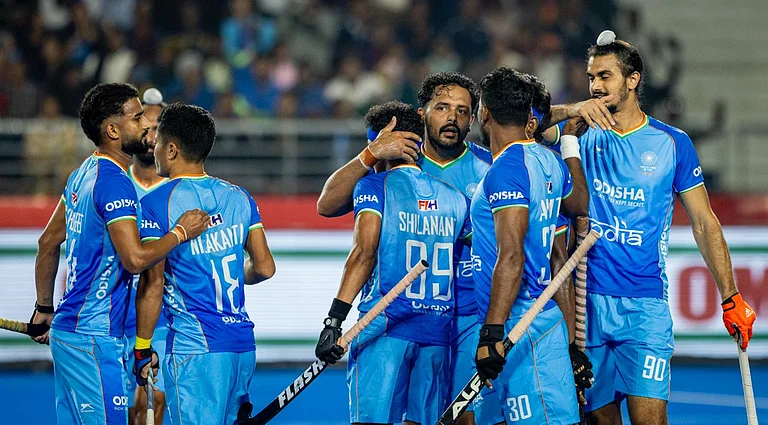As Nagaland goes to the polls on Monday to elect a new Assembly, all eyes will be on four women candidates who are trying to create history by becoming the first women to be elected as a legislator in this North Eastern state.
For a state with women in leadership roles in almost all key social issues, it never had a woman MLA, social observers said.
Of the total electorate of 13,17,632, the number of female voters in this election is 6,56,143 or 49.8 per cent. There are four women nominees in the electoral fray out of total 183 candidates.
The four women candidates are Hekhani Jakhalu of NDPP in Dimapur-III seat, Rosy Thompson of Congress in Tening seat, Salhoutuonuo of NDPP in Western Angami seat and Kahuli Sema of BJP in Atoizu seat.
"It's a paradox that in most states of North East, women are in leadership role in social issues but are denied their place in the political sphere," political analyst and author Sushanta Talukdar said.
"In Nagaland too, they are in the forefront in all social issues like leading the anti-AFSPA movement, peace brokering with militant groups, etc. But they do not have adequate political representation," he said.
The state had sent a woman as its Lok Sabha representative way back in 1977 itself when Rano Mese Shazia was elected on a United Democratic Party ticket.
After that, it was only last year that a second woman entered Parliament from the state with BJP nominating S Phangnon Konyak as the Rajya Sabha member from Nagaland.
Nagaland has one seat each in the Lok Sabha and Rajya Sabha, while its Assembly has 60 seats.
Ponglem Konyak, a social activist, maintained that the main reason for almost no representation of women in electoral democracy is the traditional hierarchical system which is biased towards men.
"We have been handed down the traditional system of hierarchy where women do not have a role in decision making. It is also being followed now under the modern democracy," the president of Mon district unit of Konyak Nyupuh Sheko Khong (KNSK), a women's organisation of the Konyaks, told PTI.
She said women have been contesting the Assembly polls, even though in few numbers, but there have been no women winners.
"The head of the family decides who they will vote for and that leads to other women also not voting for the female candidates even as a show of solidarity. There is a lack of public support in general for women candidates," Ponglem said, analysing the reasons for poor show even though female voters are almost equal in numbers to their male counterparts.
"We may not have political success yet, but in the social sphere we are active. We will get there (into the Assembly) too one day," she added.
Talukdar said that political representation of the women is essential to ensure that they get their other due rights.
"For instance, if women MLAs get elected this time, it will strengthen the movement for implementing 33 per cent reservation for women in local bodies," he added.
For college pass-out Angip from Mon or the two Ao sisters who run a wayside eatery in Mokokchung district, the four female candidates portray hope that women will finally get their due place in the higher echelons of power.
They may not be directly impacted even if one of them wins this time, but it will definitely have a long-term bearing, they maintained, while also urging the women already in leadership roles to ensure concrete steps for their empowerment and use their position for taking forward women’s issues.
Election for the 60-member Assembly will be held on February 27 and counting of votes will take place on March 2.


























